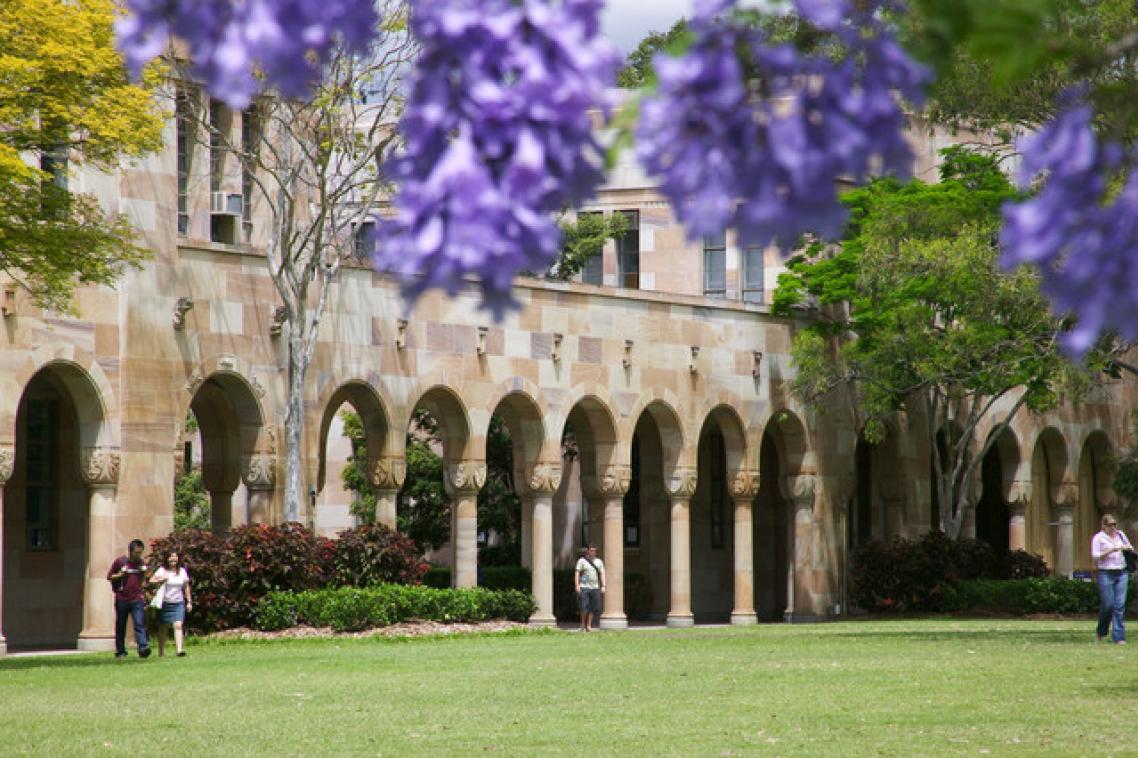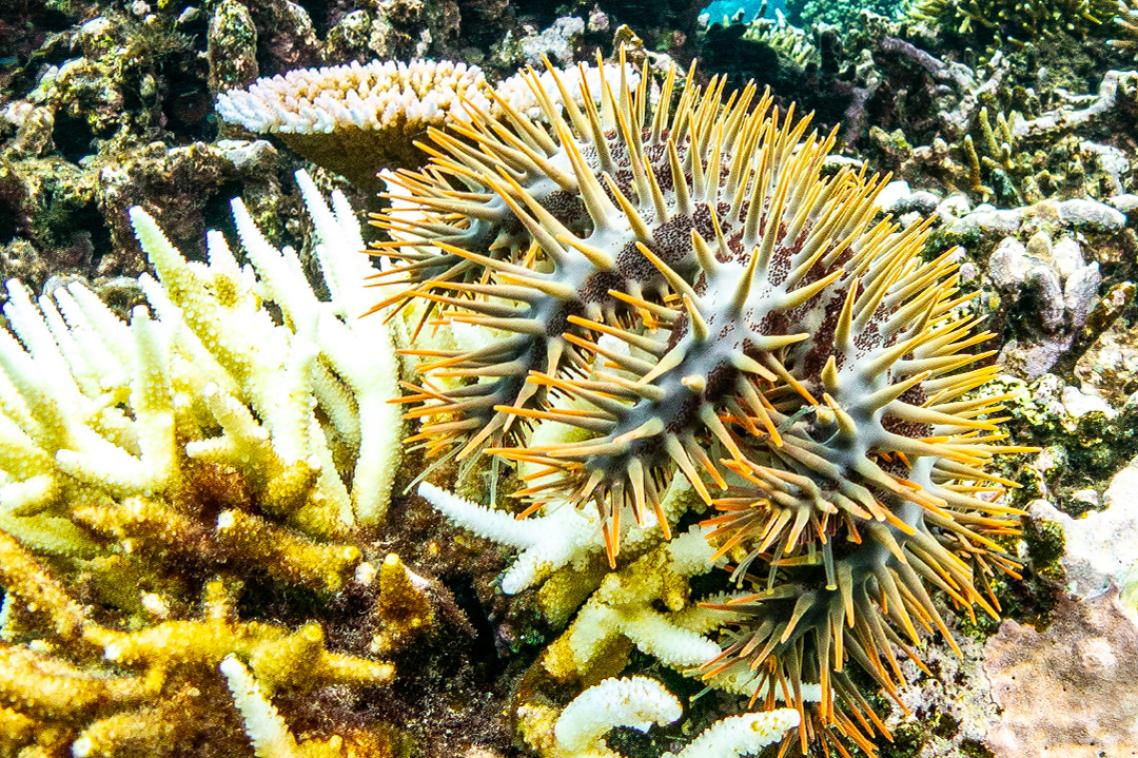UQ researchers find source of mangrove dieback
University of Queensland researchers have shown for the first time a link between mangrove dieback and a common canegrowing herbicide.
Dr Norm Duke, a senior research fellow from UQ’s Centre for Marine Studies, said his research showed chemicals used on agricultural lands had an impact on marine habitats of the Great Barrier Reef.
“In hindsight, it is perhaps not surprising that a chemical designed to kill plants might affect a mangrove plant,” he said.
His work, contained in a report released by the Department of Primary Industries recently, focused on the dieback of a common mangrove species Avicennia marina in five estuaries in Mackay region, with the worst-affected being the Pioneer River estuary.
Dr Duke described the dieback as widespread and species-specific, affecting Avicennia marina alone out of 20 mangrove species along a 50 kilometre stretch of coastline.
“The dieback is serious and it is the worst case of its kind in the world,” Dr Duke said.
Aerial surveys done during the study showed large tracts of dead mangroves and extensive testing showed the herbicide diuron to be the cause.
“The implications of this are enormous,” Dr Duke said.
“This is a very common chemical used in canegrowing and if it can cause this reaction in mangroves, and one of the hardiest types of mangroves, then what is it doing to the more sensitive sea grasses and reef systems of the Great Barrier Reef.
He said while other mangroves in the region still looked healthy he was concerned similar events could happen, or may already have happened, elsewhere.
“For example, our studies in the Johnstone River indicate similar dieback may have gone unnoticed years ago,” he said.
“And if such dieback where present in Moreton Bay the resulting loss of Avicennia marina would just about clear the bay of mangroves.
Dr Duke recommends a moratorium on the use of diuron until more is known about its impact.
“It appears that reducing the levels of diuron in mangrove sediments is the only solution to see if sites might recover,” he said.
“Mackay mangroves are dying, and their loss is a loss of essential fish habitat reducing local fisheries and water quality.
“Our findings imply we should act urgently before it is too late.”
Media: For more information contact Dr Norm Duke (telephone 07 3365 2729, 0419 673 366 or email n.duke@uq.edu.au) or Andrew Dunne at UQ Communications (telephone 07 3365 2802).
Related articles

UQ professor joins WHO advisory group on alcohol and drug use

Crown-of-thorns control boosts coral growth in a warming world
Media contact
UQ Communications
communications@uq.edu.au
+61 429 056 139
